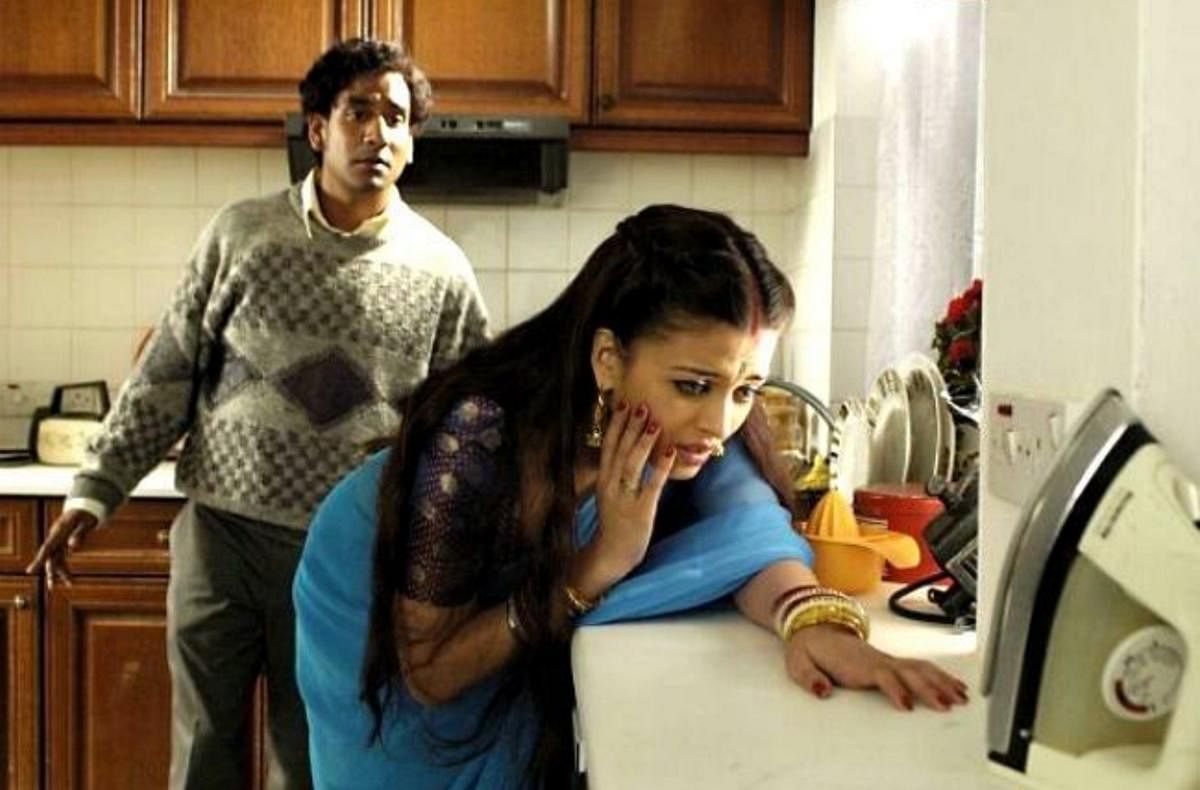
Apart from the health and safety concerns arising out of Covid-19, an unintended consequence of the deadly virus is an increase in the number of divorce rates and domestic violence cases in cities where a lockdown is in place.
For example, Chinese marriage registry officials have been quoted as saying that the divorce rate has risen in the country, with a record-high number of divorce requests in recent weeks. The officials are blaming it on Covid-19, for causing couples to spend too much time together during self-isolation, which leads to increased tempers and conflicts.
Apart from this, there has been a surge in gender-based domestic violence in countries such as China, France and others. Millions are spending time cooped up indoors and the fear and uncertainty, added to the economic strain this puts on families, is seen as contributing to this distressing phenomenon. For many wives suffering physical or even emotional abuse at the hands of their husbands, there was a brief period of respite when the men left for work. This window has been closed now. With children staying at home because of schools and other educational institutions closing, the number of vulnerable people within families has increased.
Even historically, national and community crises have led to increased reports of domestic abuse. From an oil spill in the Gulf of Mexico to Hurricane Katrina, various crisis situations have led to a spike in domestic assaults and psychological abuse. In India, support systems like friends, neighbours and relatives are suddenly out of reach for women while places like offices, gyms, malls and even places of worship are also becoming out of bounds fast.
Dr Venkatesh Babu GM, consultant psychiatrist, Fortis Hospital, Bannerghatta Road, says that the virus scare could have consequences such as increased anger, divorce, domestic violence or abuse or even unwanted childbirth. He points out that there are certain variables that need to be looked into to figure out why this is happening.
Community-level variable
“A perception of threat and fear of survival is impacting everyone, at all levels. In a situation like a pandemic, where you are constantly battling a fear beyond your control, your adrenaline levels are constantly activated and information processing is always about tackling any kind of harm,” says Dr Venkatesh.
Individual-level variable
Variables like financial security, job and safety of the family impact every individual, regardless of gender and socio-economic background. Many people are seeing job losses now;this leads to anger which is channelised or ‘displaced’ onto one’s own family members because that is the only primary access there are available.
“Displacement is a phenomenon which was already and naturally a part of our everyday life. When there are times things are going wrong at work, you tend to take the frustration out at home. But what happens when this becomes the norm — you don’t have access to anybody else, apart from the digital world? That creates a huge amount of conflict,” he explains.
Family-related variable
Every family has certain equilibrium they have built up. Whether it is a newly-married couple or one that has been together for many years, they will have built up a certain way of engaging and communicating. The time you spend together, your work-life balance, the way you handle conflicts and so on. These methods are now curtailed. For example, even with a disagreement, you have to face your partner for the entire day. If you don’t have a proper communication system, things get out of hand, points out Dr Venkatesh.
‘Impressions about partners might change’
Dr Naveen Jayaram, consultant psychiatrist, Sakra World Hospital points out that emotional issues crop up when somebody is suddenly quarantined. “Apart from the stress of the impact of the virus, couples might end up having arguments or emotional problems as they spend a lot of time together. Sometimes, past events might pop up in arguments and people’s impressions about their partners might change. So, the more time they spend together during this crisis time, the more problems will pop up,” he says.
What can you do?
Though it is a serious issue, the fear of the virus has not turned into full blown panic and the quarantine period is for a smaller duration and is also not that intense, says Shreya Chatterjee, consultant psychologist, Mindscape Clinic.
“However, if you have an abusive parent or partner, and that person is staying in the house for a longer period, the chances of abuse are definitely going to increase. In that case, I would recommend the potential victim to maintain a safe distance and not get into arguments or debates with the other person;
keep conversations to a minimum,”
she says.
She adds that people who have to stay with partners who already have a history of domestic violence should keep a list of helpline numbers ready and should seek help when necessary.
Can also lead to emotional isolation
With an increased need for social distancing and keeping oneself cocooned in one’s house, there are also fears about how people with mental illnesses will be able to handle the sudden isolation from the rest of the world.
This is especially true for a city like Bengaluru which has a high number of migrants and young working professionals, who are living alone.
“It is affecting people, I have seen that in many of my patients as well,” says Shreya. “They need to understand that these are temporary restrictions and not the end of the world. They should take care not to get into a downward spiral with thoughts like ‘Is this going to continue?’ or ‘What will happen?’ and so on.”
She advocates practising meditation and mindfulness and leveraging technology to stay in touch with friends and colleagues.
“Through video calls, phone calls, chats and more, stay in touch with your support system,” says Shreya.